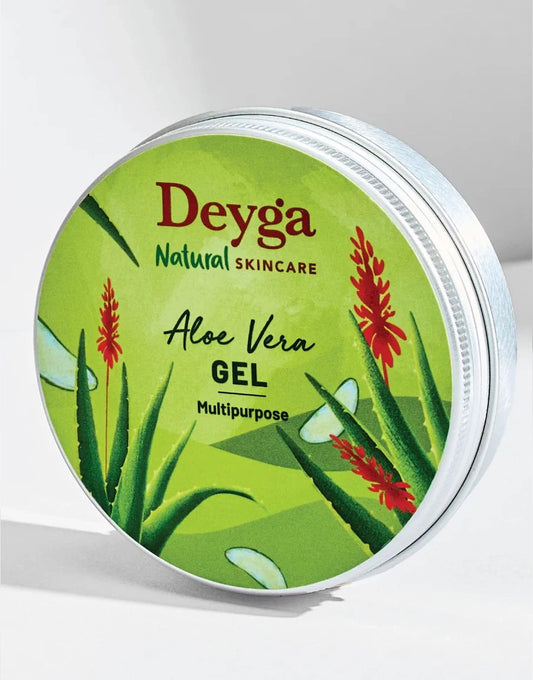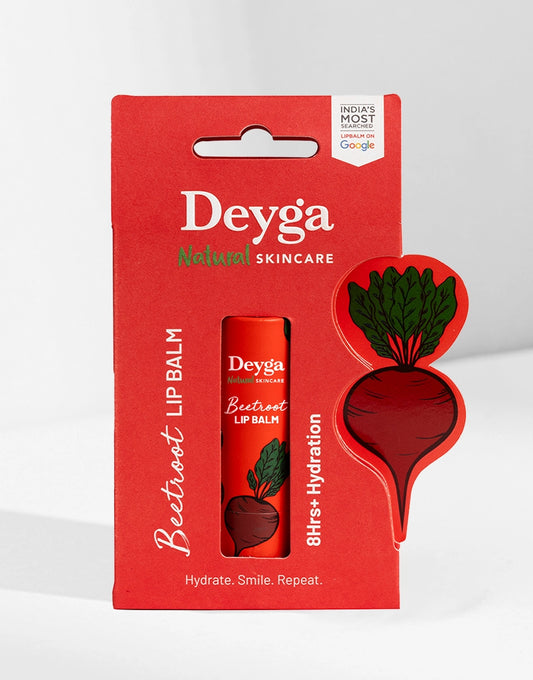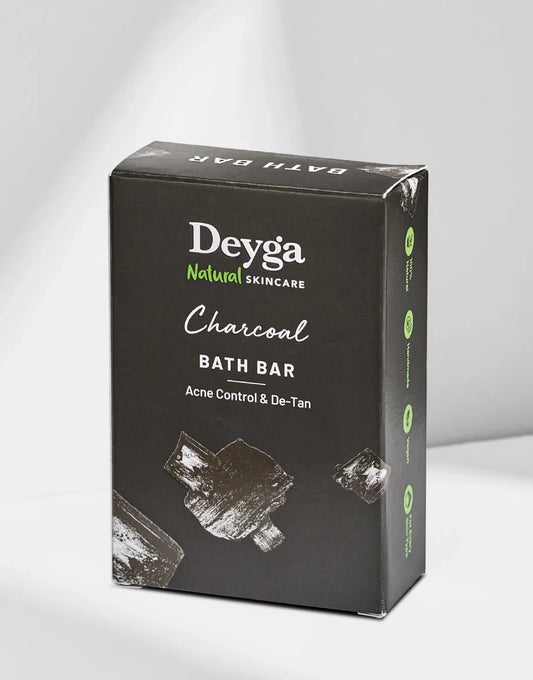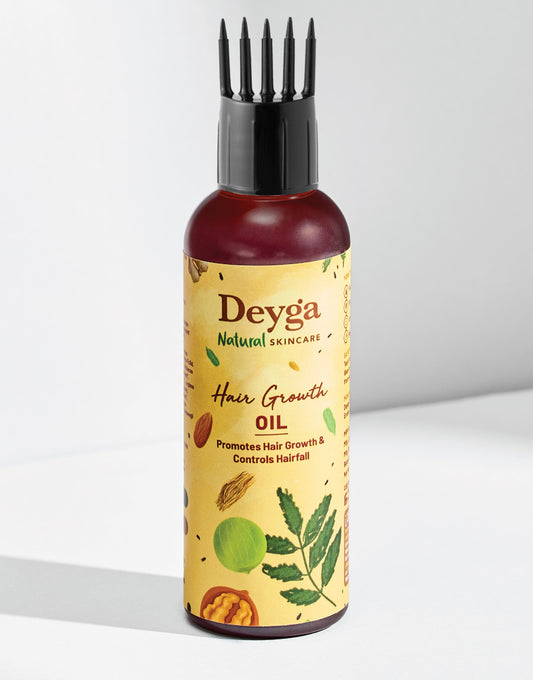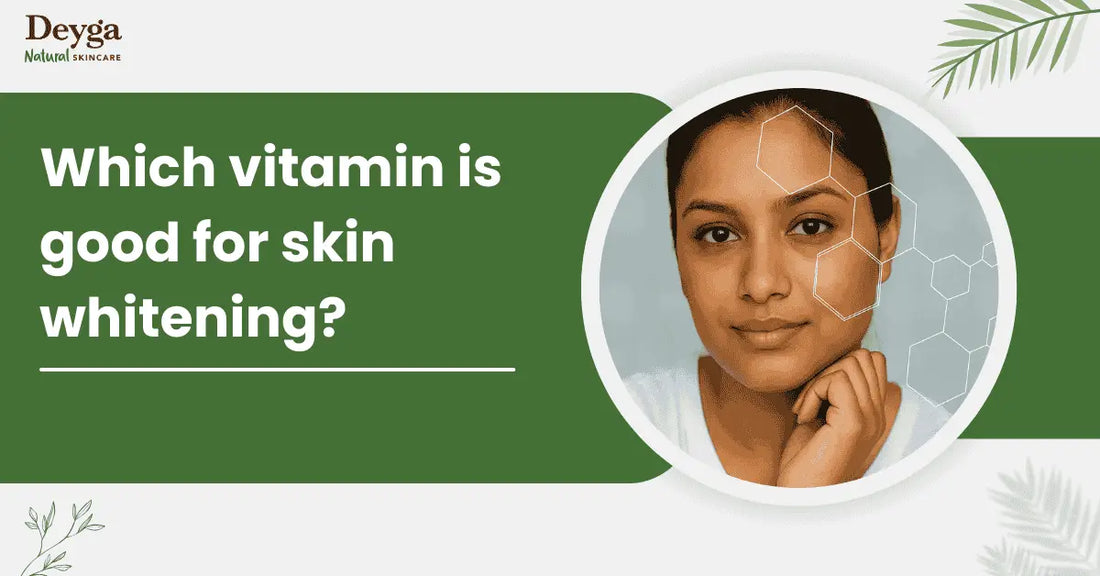Skin whitening is one of the common terms which is surrounded all over today. Also many questions pop-up like, “How to whiten my skin naturally”, “Which vitamin is good for skin whitening”, and more. Skin whitening generally means making the skin brighter and increasing the skin complexion. But considering whitening, brightening skin is generally considered safe, natural and sustainable too.
There is science which clearly shows vitamins play a unique role in skin health. From decreasing melatonin production to boosting the skin collagens, all can be done by vitamins. Here, we will learn about skin whitening, and some of the best ways to incorporate it in skincare routine.
Science shows that certain vitamins play a big role in supporting skin health, from boosting collagen to regulating melanin production. In this blog, we’ll explore which vitamin is good for skin whitening, how it works, and the safest ways to include it in your routine for visible, long-lasting results.
Role of Vitamins in Skin Brightening
Vitamins are not just the nutrients in the body but also play a vital role in the way skin is looking and feeling personally to us. When it comes to brightening skin, vitamins plays in role in three major ways:
Regulates Melanin Production
Melanin is a pigment which gives color to the skin. Too much melanin production in the skin causes dark spots and uneven skin tone. Vitamins like C and B3 help in slowing down melanin production, giving a more even complexion.
Supports Skin Repair
If your skin is frequently exposed to pollution and stress, the damage happens at cellular level. Vitamins like A and E help in repairing and protecting.
Boosting Natural Glow
Incorporating vitamins helps in collagen production and strengthens skin barrier.
Vitamin C – The Brightening Hero
Vitamin C is one of the brightening agents, which tackles skin tone at multiple levels in skin.
-
Reduces Melanin Production: Vitamin C limits the production of melanin which is because of the enzyme Tyrosinase. Vitamin C works on acne prone skin, and fades spots & marks.
-
Fades Existing Marks: Incorporating vitamin c in skincare religiously helps in fading stubborn marks and gives clear skin
-
Powerful Antioxidant: Since vitamin C is rich in anti-oxidants, they prevent skin dullness and signs of ageing.
How to Use in Skincare
Get your hands on Vitamin C serums which are around 10% and above. Use in an AM routine, and never miss sunscreen for maximum protection (Vitamin C + Sunscreen - A Deadly Combo for Bright Skin). You can play with hydrating ingredients like hyaluronic acid, which minimises skin irritation.
Food Sources for Natural Support:- Adding oranges, lemons, kiwi, papaya’s, bell peppers etc, can be incorporated in your everyday diet for enhancing skin’s natural glow.
Niacinamide for Skin Whitening
Also known as is a multi-purpose ingredient which is known for brightening skin. They are known for its unique benefits, “Reduce Melanin” which helps in lightening spots and marks on the skin. Niacinamide for Pigmentation is the go-to, that everyone loves.
If you are someone with oily skin or combinational skin, then including niacinamide serum will be a game changer. They reduce excess oil secretion and refine large pores. The anti-inflammatory properties in niacinamide makes them gentle and works best for acne-prone skin.
How to Use in Skincare:-
Go with serums or moisturizer. If you have oily skin, going with serum is a better choice. Choose 2% initially as a beginner and gradually increase to 10%. They treat pigmentation marks and reduce oil secretion over a period of time. Can be used in both AM and PM routines.
Food Sources for Natural Support:- Include foods like peanuts, mushrooms, fish and brown rice in your daily food routine.
Vitamin A for Skin Whitening
A “Cell Turnover Booster”, which is used in skincare as Retinols. They are super-ingredient which are used in skincare for brightening the skin. The retinols help in fastening cell turnover process; Which means replace pigmented cells with healthier ones. They fade pigmentation marks and even skintone, when used consistently.
Retinols also work on stimulating collagen production and reduces fine glow when incorporated in skincare routine. Promotes smooth and youthful look. Incorporating healthy vitamins does magic in haircare too!
How to Use Skincare
:- If you are a beginner, never miss a patch test. Using retinols wrongly may lead to skin concerns like peeling, dryness, irritation, and more. Start slowly like twice in a week in the PM routine, and gradually increase. Never miss SPF in the AM routine.
Food Sources for Natural Support:- Adding Kale, Spinach, Sweet Potato, Liver , Carrots helps in supporting skin health internally.
Vitamin E – Antioxidant Support
Vitamin E, a powerful anti-oxidant, which helps in shielding skin from damages caused by UV rays and pollution. The best thing is combining Vitamin C + Vitamin E, helps in brightening and adds as an extra dose of protection.
Vitamin E, helps in supporting the skin barrier and locks skin moisture, without causing any irritation or inflammation on the skin. Suits “Dry Skin” and “Sensitive Skin”.
Food Sources for Natural Support:- Indulging almonds, spinach, avocado, and sunflower seeds are wonderful sources of Vitamin E.
Other Helpful Vitamins (B12, K, etc.)
While vitamins plays a key role in skin brightening and whitening; They also help in keeping the skin well balanced:
-
Vitamin B12 – Works on even-ing uneven pigmentation and dark patches.
-
Vitamin K – Works on focussing under eye circles and works on making skin smoother and brighter.
How to Use Vitamins for Skin Whitening
Once get to know the different vitamins and how they can make the skin change positively, here are simple ways to use them:
1. Topical Application - Serums & Creams
When you are using serums and creams, make sure to use them in the AM/PM routine; Never miss using sunscreen while using them in the skincare routine. Always make sure to patch-test; Start with one and gradually increase it to avoid skin irritation.
2. Dietary Intake (Foods & Supplements)
You can include foods like nuts, seeds, guava, berries, spinach, sweet potato, eggs, broccoli, and leafy greens for healthy and even skin tone.
3. Consistency & Patience
Using them consistently for a month or two, when used regularly. Never miss applying sun protection or SPF, to get maximum benefits.
Safety, Side Effects & Precautions
When using vitamins for skincare, there is a way to use for positive effects. When not used properly, it might cause side effects.
-
Patch test, and wait for 24 - 48 hrs when trying new active products.
-
Starting with a heavier percentage might lead to skin irritation. Ingredients like Vitamin C and A when used in a bigger percentage, may cause redness and purging.
-
Too much usage between string actives might harm your skin.
-
Never miss using SPF while using activities.
-
If you are breast-feeding or pregnant, use products after consulting your doctor.
Summary
Incorporating vitamins in skincare helps in various benefits like brightening skin, reduces melanin production, and fades away pigmentation marks on the skin. Skin whitening is not an instant remedy but a gradual process which helps in brightening skin and even skin tone.
FAQs :
Which vitamin is most effective for skin whitening?
Vitamin C and Niacinamide (Vitamin B3) is one of the most effective solutions for skin whitening.
Can vitamins really whiten skin naturally?
They don’t whiten your skin, but can brighten when used consistently over a period of time.
Is Vitamin C or Vitamin E better for skin whitening?
Vitamin C helps in skin brightening, while vitamin E helps in repairing the skin damages.
Does Vitamin B3 (Niacinamide) help in skin whitening?
Yes, Niacinamide helps in brightening skin while reducing the pigmentation, marks/spots on the skin.
Can Vitamin A (retinol/retinoids) whiten skin?
No vitamins help in whitening skin; They help in cell turnover, fading pigmentation marks,and spots on the skin.
Which vitamins can I eat for brighter skin?
Incorporating citrus fruits, nuts, seeds, and green leafy vegetables helps in brightening your skin.
Are vitamin supplements safe for skin whitening?
You can take it if you have any deficiency in vitamins. But ensure to consult a doctor before taking orally.
How long does it take for vitamins to show results on skin?
When you are using vitamin based products, use them for 4 weeks to 8 weeks consistently for best results.
Can I combine vitamins for faster skin whitening results?
You can use safe and effective combinations like vitamin C + E, Vitamin C + Niacinamide, and more.
Do I still need sunscreen if I use vitamins for whitening?
Yes. Yes. And Yes. Sunscreen is mandatory when you use vitamins in an AM / PM routine.
 Track My Order
Track My Order
